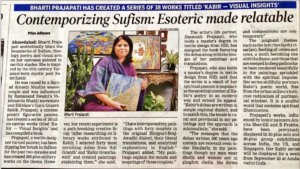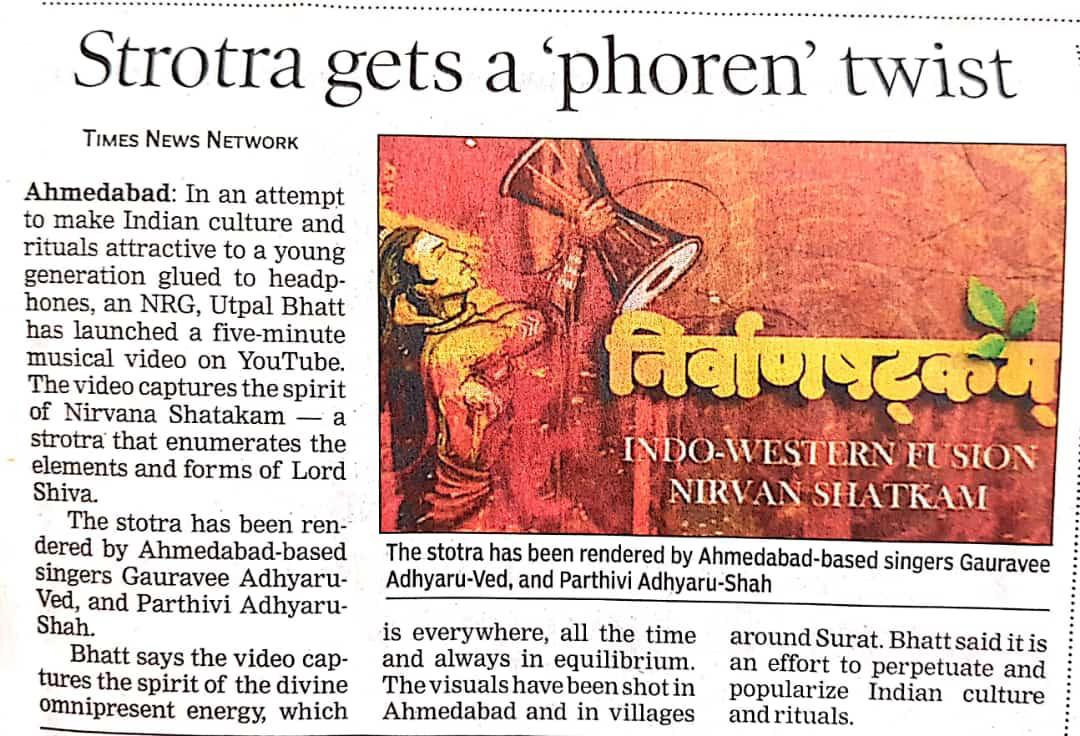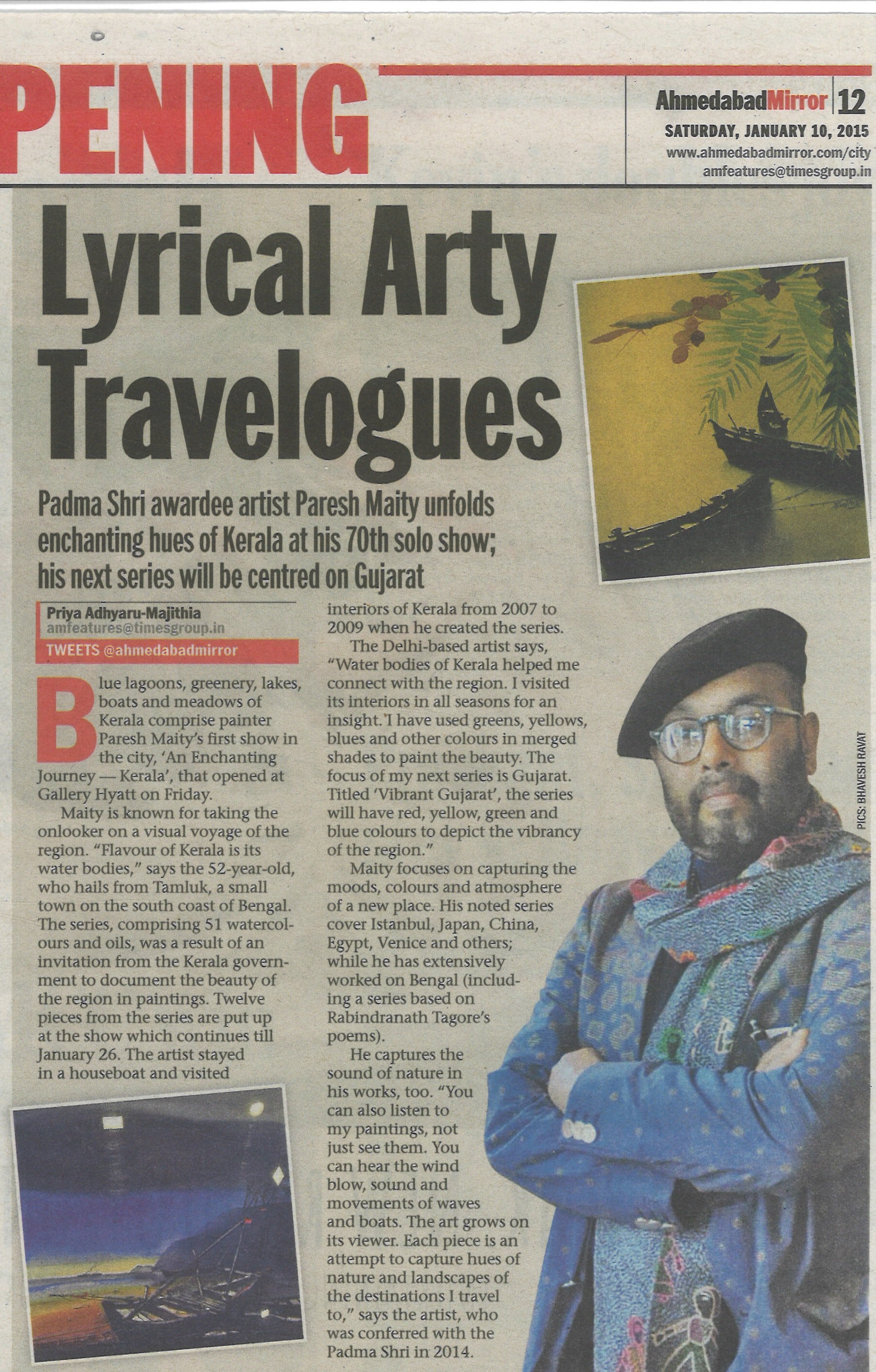Iconic Kathak exponent who was in the city to be a part of Saptak Day 3 shares his views on music with
Priya Adhyaru-Majithia
William Shakespeare in the dramatic romance ‘The Winter’s Tale’ wrote: “When you do dance, I wish you… do nothing but that” while the protagonist Florizel, the son of the king of Bohemia, sings his love for Perdita, a shepherd’s daughter. The same words aptly convey what spectators feel on seeing legendary Kathak exponent of Lucknow gharana Pt Birju Maharaj’s majestic performances.
“Pop culture makes one restless, while classical arts instill inner peace. And, to protect our youth from invasion of foreign influences, invoking love for traditional classical arts is extremely necessary,” said Birjuji.
“The entire universe dances, be it your pen while you scribble or your voice while you talk. Wind blows making tresses and oceans dance in tune with the cosmic rhythm. Classical dance forms exhibit pleasure and energy which prepare the human body to become one with nature. Classical dance is aesthetic fusion of rhythm, beauty of human body, melodious music and grand emotions – all communicated in subtle yet simple sign language which touches the soul,” he said.
Despite suffering from acute pain due to sciatica, he still made it to the city to participate in the ongoing 13-day Saptak music festival especially to pay a tribute to Pt Ravi Shankar. Birjuji’s daughter, Mamta Maharaj, who was introduced on Saptak platform, and his shadow dancer, Saswati Sen, performed Kathak footwork, bhava and thumris on Day 3.
Commenting on Panditji, Birjuji said, “Panditji’s serene, gentle, spiritual and elegant persona made him a living personification of virtues that the Hindustani classical tradition stands for. And, Panditji affectionately praised me as an incarnation of classical rhythm, which is the highest appreciation I feel I have gained for my pursuits.”
On Panditji’s efforts to expand the reach of classical music globally, Birjuji said that love’s labour is never lost and to ensure that Panditji’s mission is fully achieved we all (especially parents) must work hard. “Parents of young children must encourage them to pursue classical arts be it music or dance. Classical arts help to retain traditional values in youth, at a time when influx of western modes are bulldozing classical aesthetics and replacing it with pop culture,” he said.
He believes that to invoke love in the new generation for classical arts, there is dire need to encourage simplicity of form. He said, “I believe in simple emotional exchange. Once I was invited to perform at a college festival in Kota, Rajasthan. And the young students didn’t pay attention and kept talking. Then I told them that I would just take five minutes of their time. I began the performance and it lasted for one-and-a-half hours and there was pin-drop silence. After the performance, the students did not let me leave the stage. They demanded more. I had grabbed their attention; I had come up with a special performance having simple emotional exchanges that appealed to them.”
In the same way that Tulsidas simplified Valmiki-krut ‘Ramayana’ and widened the reach of that scripture, iconic artists have the responsibility to modify the classical art forms to expand their reach, he said. “And if you possess right skills of presentation, you can surely invoke love for classical arts in the same way as Ravi Shankarji did,” Birjuji concluded.


